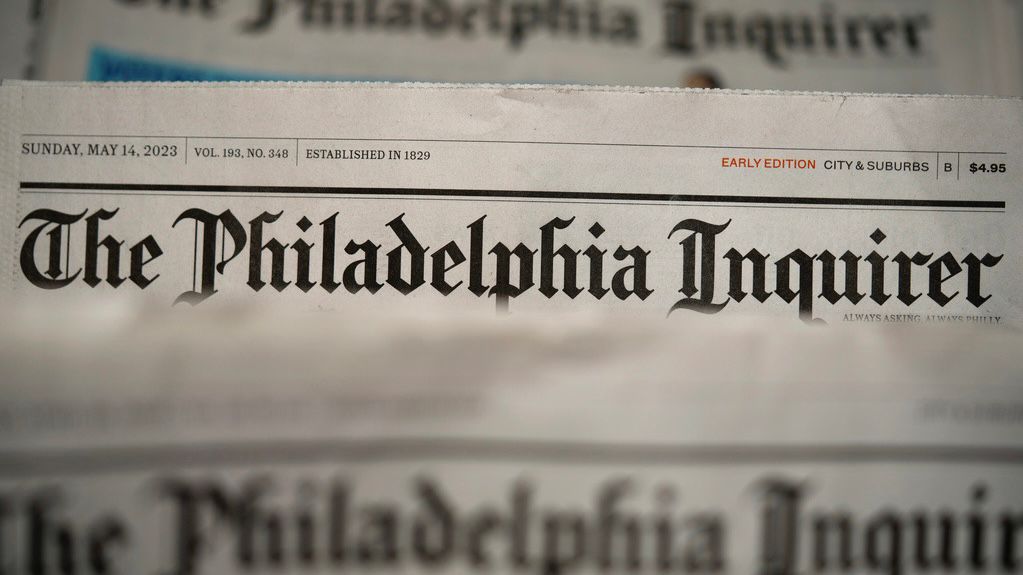Microsoft and OpenAI announced a $10 million initiative on Tuesday to help local newsrooms experiment with ways to use artificial intelligence.
Chicago Public Media, Newsday, the Minnesota Star Tribune, the Philadelphia Inquirer and the Seattle Times will each receive grants through the Lenfest Institute AI Collaborative and Fellowship program.
Based in Philadelphia, the Lenfest Institute for Journalism works to create sustainable business models for local news outlets. The grants it is giving five news outlets will allow them to hire a fellow for two years to work on projects that improve their chances for longevity by implementing AI technologies.
Northwestern University’s Medill School 2023 State of Local News Outlook found 204 counties in the United States lack a news outlet; another 1,562 counties have only one. By the end of this year, researchers said the U.S. will have lost one third of its newspapers compared with 2005.
The selected news outlets for the OpenAI grants are required to work with each other and the news industry as a whole to share what they’ve learned about using AI to help with local news gathering so they can replicate their work.
“Through these fellowships — and by sharing results with the broader news industry — we will help empower local newsrooms to explore, implement and advocate for AI business solutions that uphold the highest ethical standards while strengthening their future prospects,” Lenfest Institute CEO Jim Friedlich said in a statement.
The newsrooms receiving the grants will focus on using AI to analyze public data, make better use of news and visual archives, build audience engagement and create new AI-based news tools.
Chicago Public Media, owner of the Chicago Sun-Times and WBEZ public radio, will use AI to transcribe, summarize and translate content for new audiences. The Minnesota Star Tribune and Newsday will also use AI to summarize and analyze content for readers as well as their own journalists.
The Philadelphia Inquirer will use AI to monitor and analyze local media, and the Seattle Times will use it to help with advertising.
“While nothing will replace the central role of reporters, we believe that AI technology can help in the research, investigation, distribution and monetization of important journalism,” OpenAI Chief of Intellectual Property and Content Tom Rubin said in a statement. “Local news is a particularly vulnerable area of journalism, and we believe AI can help it thrive.”
The grant announcement comes as news outlets sign deals and file lawsuits over the use of artificial intelligence in training AI’s large language models.
On Monday, the Wall Street Journal and New York Post sued the AI startup Perplexity, saying it was illegally using its copyrighted news. In May, News Corp, which owns the Wall Street Journal and New York Post, struck a $250 million content-licensing deal with OpenAI to use content from its consumer publications and archives to answer queries and train AI technology.
OpenAI also struck a deal with Time magazine in June to incorporate its reporting into the AI company’s products, including its ChatGPT chatbot.
Other newsrooms are taking a different tack. Last year, the New York Times sued OpenAI and Microsoft for infringing on its copyright by using millions of the company’s articles to train ChatGPT. The lawsuit contends that chatbots compete with the Times. Several other outlets, including the Intercept, Raw Story and AlterNet, have also filed lawsuits against OpenAI saying it is misusing their articles to train its technology.

